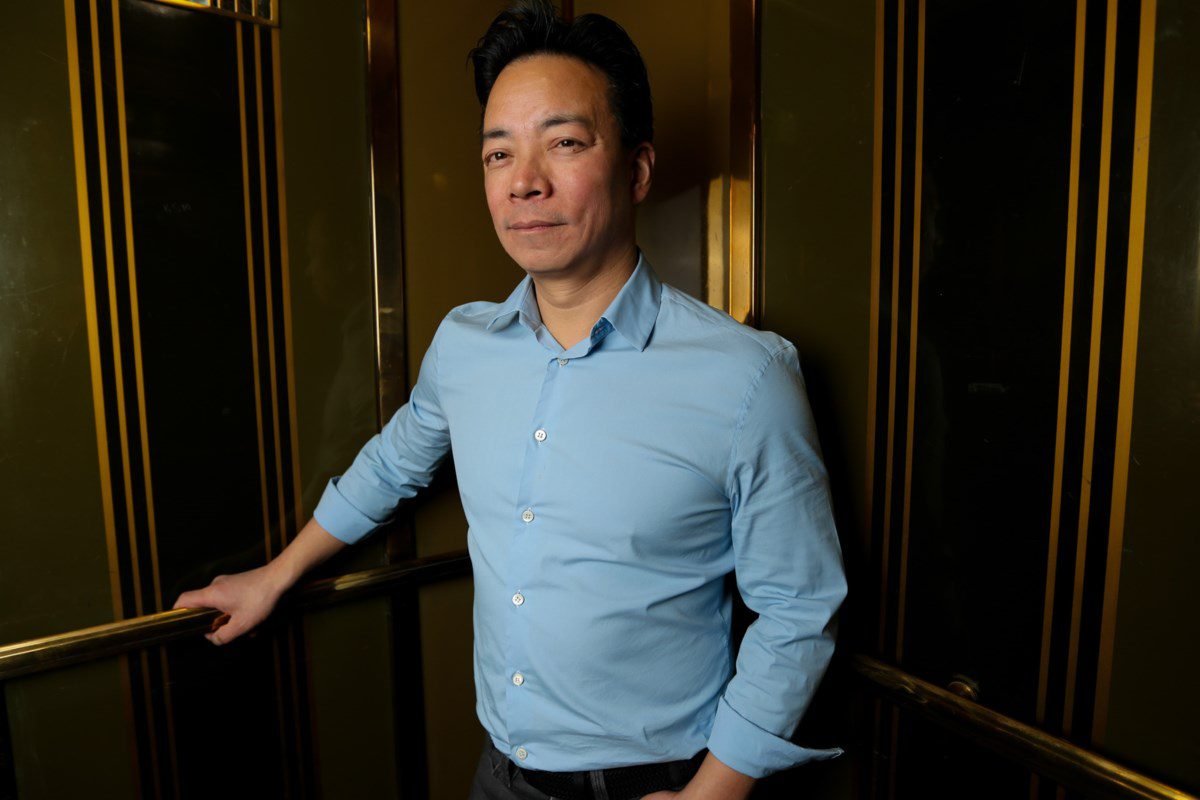While artificial intelligence has become ubiquitous in national education debates, access to AI literacy programs remains uneven, especially in some rural and Indigenous communities where infrastructure, teacher training and relevant curriculum can be limited.
A new program by the AI Education Project (aiEDU), a nonprofit focused on equitable AI literacy and AI readiness, aims to close that gap.
According to a recent news release, the Rural and Indigenous Community Catalyst Program, a grant initiative with funding from companies like Google, will distribute more than $1 million in project-based grants to underserved communities, including local nonprofits, tribal education departments and educational services. The program will span 14 states and support efforts ranging from integrating AI into after-school programs to developing lesson plans in Native languages.
The funded projects vary widely, yet they share one common trait: They’re designed to fit the community and build capacity at a local level.
“AI is rapidly transforming the world, shaping jobs, education, and daily life. Yet, many rural and Indigenous communities lack access to AI literacy programs that can equip them with the skills needed to thrive,” aiEDU’s CEO and co-founder Alex Kotran said in a public statement.
In Kentucky and Appalachia school districts, educators will participate in hands-on AI training meant to translate directly into rural classrooms, where broadband can be patchy and resources thin. Meanwhile, on tribal lands in Oklahoma, education leaders will embed AI literacy into existing curricula, ensuring that lessons reflect Indigenous knowledge systems as much as they reflect the latest technology trends.
Other initiatives put the spotlight on families as well as students. In Washington state, one tribal program will host intergenerational workshops where both elders and youth can learn about local uses of AI for education and cultural preservation. In Hawaii, educators will co-design curricula in both English and ʻŌlelo Hawaii, a move aimed at showing students that AI tools can work in service of, not against, their language and identity.
From blending social-emotional learning with AI in Wisconsin to a “skills challenge” in central Washington where students will solve real-world problems using AI tools, each is betting that change will stick when it’s driven from within the community.
These efforts come amid a broader national push to incorporate AI education into K-12 systems. Many state agencies and school districts are drafting policies for responsible AI use in classrooms, and universities are expanding AI-related courses to prepare future teachers.
While some districts are beginning to experiment with AI integration, including those participating in aiEDU’s Catalyst Program, access to training is far from even.
The number of districts that trained teachers on generative AI more than doubled from 2023 to 2024, according to an analysis by the research and policy firm Rand Corp., but AI training is more widespread in low-poverty districts: 67 percent of low-poverty districts offered AI training in fall 2024, compared to just 39 percent of high-poverty districts.
Simultaneously, some researchers like those at the nonprofit Aspen Institute’s Edtech Equity Project argue that without intentional outreach and safeguards, AI education risks amplifying existing inequities. In a publication on policy guidance in 2024, they cautioned that a documented race gap in attendance, discipline records, grades and test scores could all influence AI algorithms trained on the data. This underscores a potential risk that rural and Indigenous communities could be left behind in an AI-driven society unless targeted efforts address infrastructure, impactful training and culturally responsive teaching methods.
However, if effective, aiEDU’s Catalyst Program could serve as a model for how community-rooted AI education initiatives can build sustainable, equitable curriculum that’s adaptable at scale.










